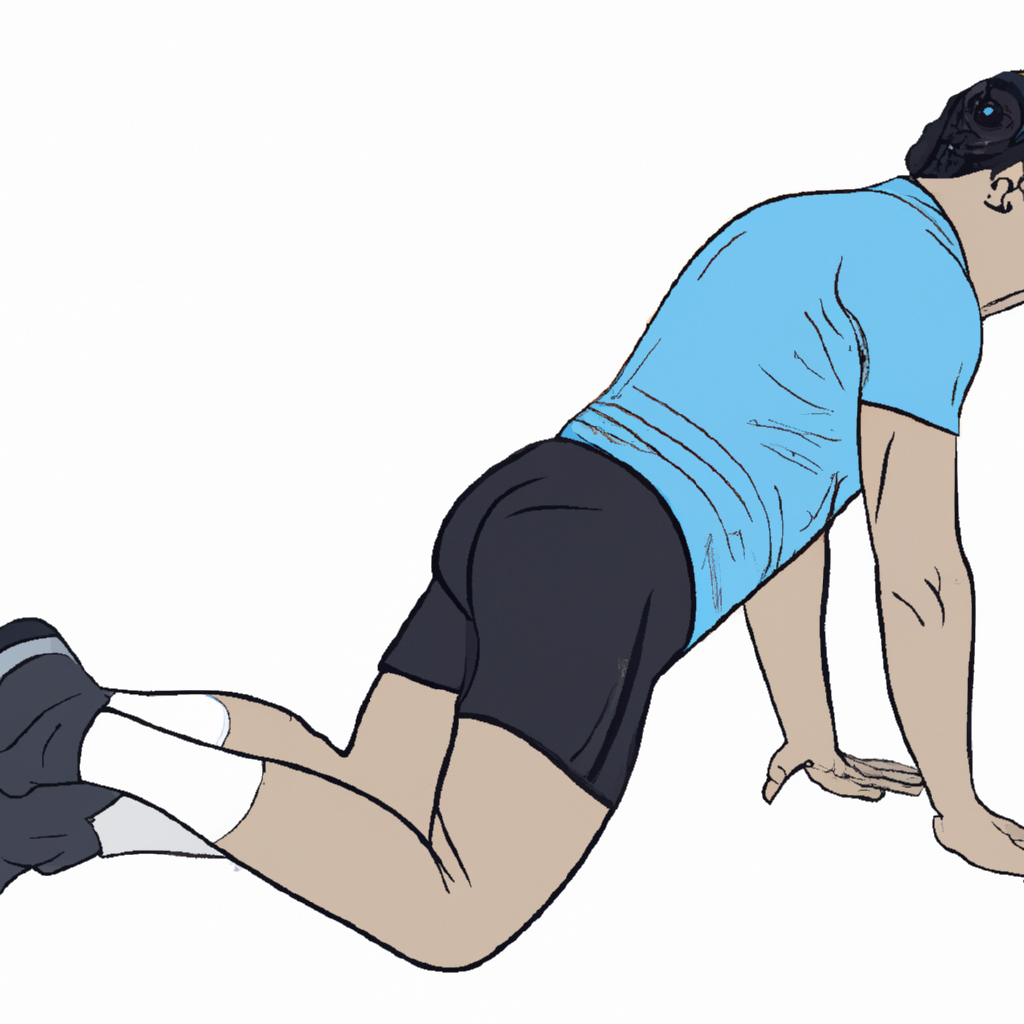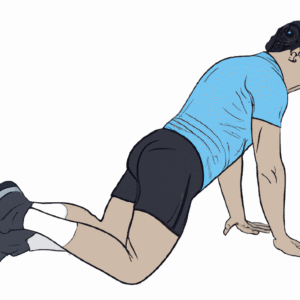**”The Art of Mental Resilience: Building Grit Through Challenging Fitness Scenarios and Adversity Training”**
# The Art of Mental Resilience: Building Grit Through Challenging Fitness Scenarios and Adversity Training
In an era where instant gratification reigns supreme, the value of mental resilience often gets overshadowed. Yet, developing grit — the ability to persevere through challenges — is essential not just in fitness but in all aspects of life. Adversity training, particularly in fitness scenarios, serves as a powerful medium for cultivating this resilience. By engaging in challenging workouts and facing discomfort head-on, individuals can build mental fortitude that translates to improved performance, greater self-confidence, and a more robust approach to life’s hurdles.
## Understanding Mental Resilience
### What is Mental Resilience?
Mental resilience refers to the capacity to recover quickly from difficulties and adapt well in the face of adversity. It’s akin to a muscle; the more you train it, the stronger it becomes. In the realm of fitness, mental resilience can be developed through various methods, particularly through structured adversity training and challenging workout scenarios.
### The Role of Grit
Grit is defined as passion and perseverance for long-term goals. It’s a crucial component of mental resilience. Those who embody grit are more likely to stick to their goals, adapt to setbacks, and ultimately succeed. Understanding how to cultivate grit through physical challenges is key to enhancing mental toughness.
## Adversity Training in Fitness
### Embracing Discomfort
Adversity training involves intentionally placing oneself in challenging situations. This could mean pushing through a tough workout, training in adverse weather conditions, or participating in obstacle courses. The discomfort experienced during these activities teaches the brain to handle stress and adversity more effectively.
### Examples of Challenging Fitness Scenarios
1. **High-Intensity Interval Training (HIIT):** This form of training involves short bursts of intense exercise followed by rest. It challenges both the body and mind, pushing individuals to confront their limits.
2. **Endurance Challenges:** Training for events like marathons or triathlons requires sustained effort over time, teaching individuals the value of commitment and grit.
3. **Outdoor Adventures:** Activities such as rock climbing, hiking in rough terrain, or participating in obstacle races not only build physical strength but also foster mental resilience through the unpredictability of nature.
## Nutrition Tips
Nutrition plays a vital role in building mental resilience. Proper fueling of the body enhances performance and impacts mental clarity and mood.
### Balanced Diet for Optimal Performance
– **Whole Foods:** Focus on whole, unprocessed foods that provide essential nutrients. Incorporate plenty of fruits, vegetables, whole grains, lean proteins, and healthy fats.
– **Hydration:** Staying hydrated is crucial for cognitive function. Dehydration can lead to fatigue, which can negatively impact mental resilience.
– **Pre-Workout Nutrition:** Consume a balanced meal or snack rich in carbohydrates and protein about 1-2 hours before exercise to boost energy levels and performance.
– **Post-Workout Recovery:** After an intense workout, replenish your body with protein and carbohydrates to aid recovery and muscle repair.
## Exercise Advice
To cultivate mental resilience through fitness, consider the following strategies:
### Set Realistic Goals
Setting achievable yet challenging fitness goals is crucial. Start with small, manageable targets, and gradually increase the intensity. Celebrate milestones to build motivation and reinforce a positive mindset.
### Incorporate Variety
Mixing up your workout routine not only prevents boredom but also challenges your body in new ways. Incorporate strength training, cardio, flexibility exercises, and mindfulness practices like yoga or meditation to address both physical and mental aspects of resilience.
### Embrace the Process
Focus on the journey rather than the outcome. Embrace each workout as an opportunity to learn and grow. This mindset shift can significantly enhance your mental toughness and overall enjoyment of fitness.
## Health Benefits of Building Mental Resilience
Engaging in challenging fitness scenarios and adversity training offers numerous health benefits:
1. **Improved Stress Management:** Regular exposure to controlled stressors can help individuals develop better coping strategies in daily life.
2. **Enhanced Confidence:** Overcoming physical challenges fosters a sense of achievement, boosting self-esteem and confidence in one’s abilities.
3. **Greater Emotional Regulation:** Building mental resilience through adversity training can lead to better emotional regulation, allowing individuals to respond to stressful situations with calm and clarity.
4. **Stronger Relationships:** As you become more resilient, you may find that your relationships improve, as you develop patience and empathy when facing challenges together.
## Conclusion
In summary, the art of mental resilience is cultivated through rigorous training in challenging fitness scenarios and adversity. By embracing discomfort, focusing on nutrition, setting realistic goals, and celebrating the journey, individuals can develop the grit necessary to navigate life’s challenges with confidence and strength. Ultimately, mental resilience not only enhances fitness performance but fosters a more fulfilling life experience.















Post Comment